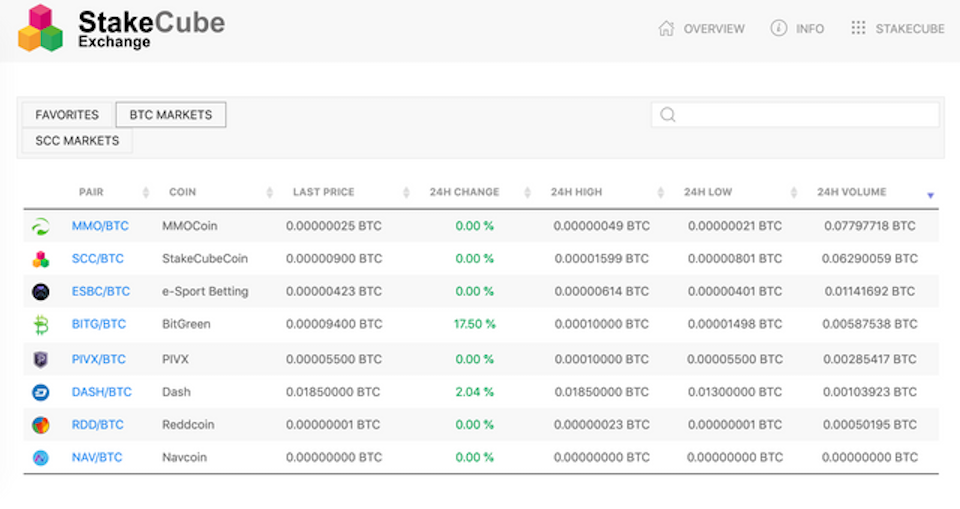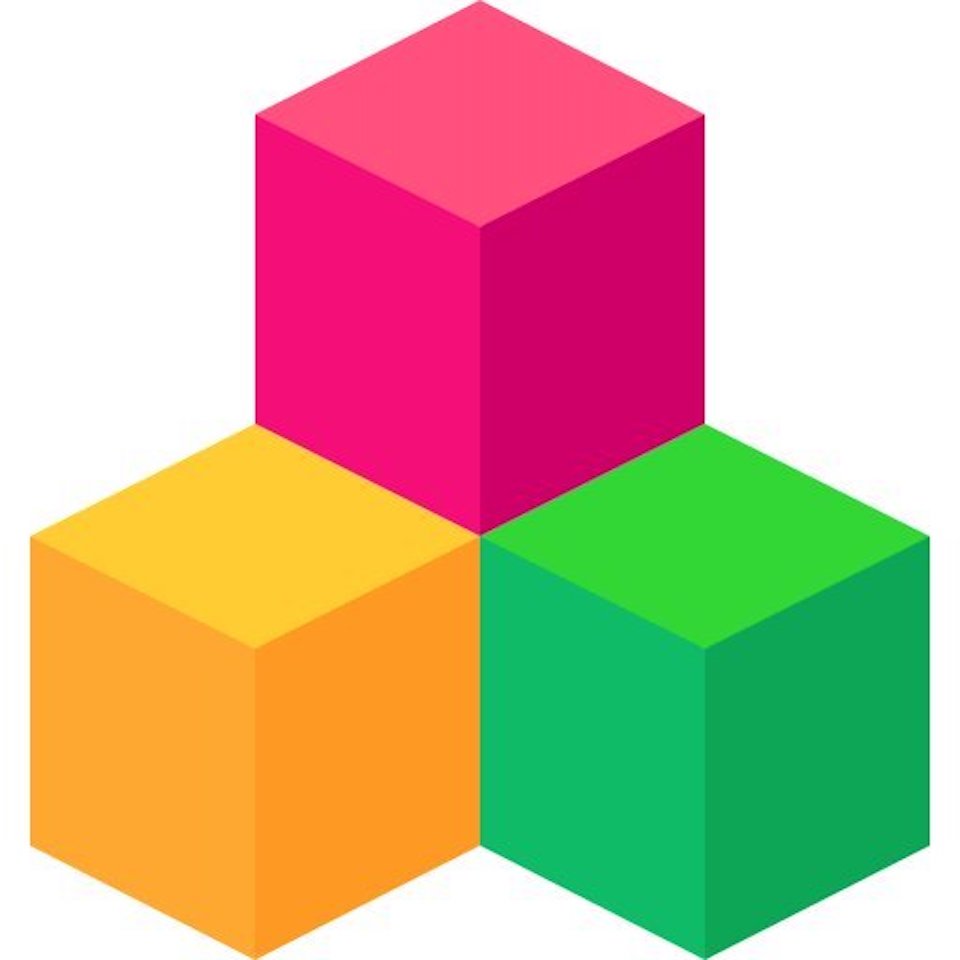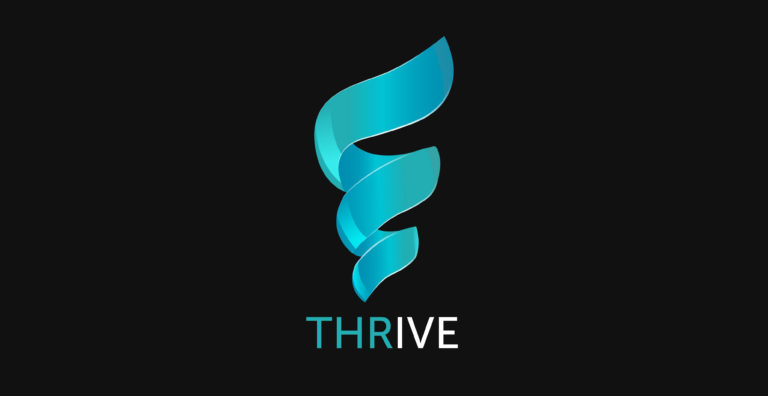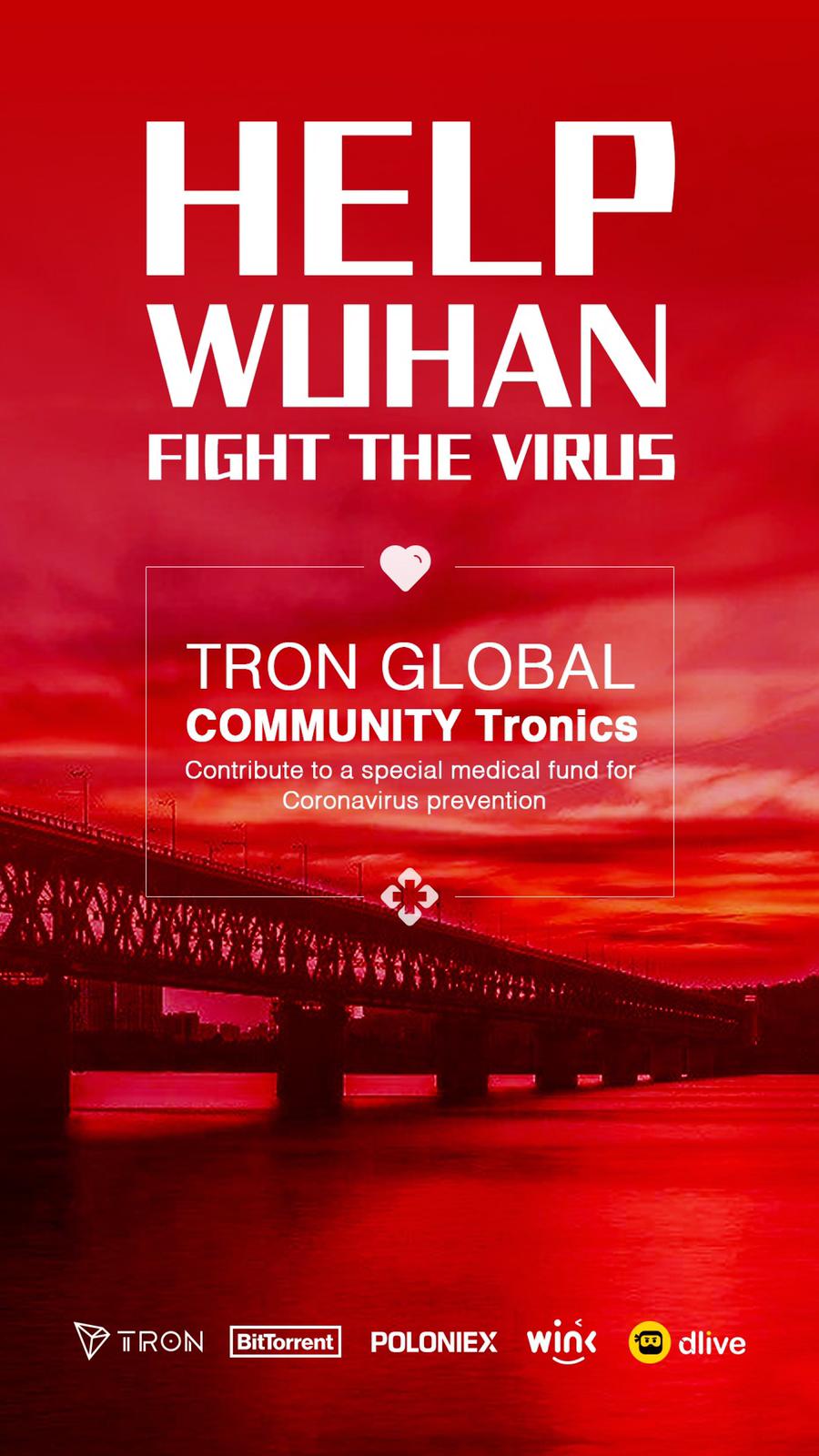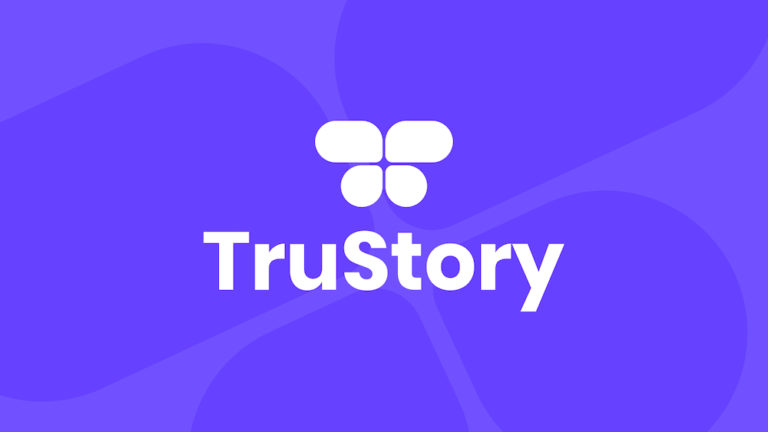Those in India will now be able to buy and sell cryptocurrencies with Fiat currencies
Starting 25 November, people in India will be able to buy and sell cryptocurrencies with fiat currencies through the Binance Fiat Gateway. The global cryptocurrency exchange and blockchain ecosystem announced its acquisition of bitcoin exchange WazirX.
In the first quarter of 2020, WazirX’s auto-matching engine will be integrated into the Binance Fiat Gateway platform, allowing users to directly place orders on Binance.com and the Binance iOS or Android app to purchase Tether (USDT) against INR. This integration will allow users to trade any digital asset available on Binance.com with the purchase of USDT from the WazirX digital asset marketplace.
“The acquisition of WazirX is another step forward in achieving the freedom of money,” said CZ (Changpeng Zhao), Binance CEO.
“The next phase of mass adoption for crypto will arise from developing nations around the world,” said Nischal Shetty, WazirX CEO.
The native WazirX token (WRX) is currently available to the community through trade mining and signups and an upcoming token sale is under consideration. About 64,000 users hold WRX.
Binance has also focused on supporting and developing the Indian blockchain system. Earlier this year, the India-based startup Matic Network successfully fundraised via the blockchain on Binance Launchpad and another project, Marlin Protocol, secured a USD$3 million seed round from Binance Labs, the investment arm of Binance.
Binance also licenses its matching engine and wallet technologies to several partner platforms, including Binance Uganda, Binance Jersey, Binance Singapore, and newly launched Binance US, which offer fiat-crypto trading functions across a variety of currency pairs.





